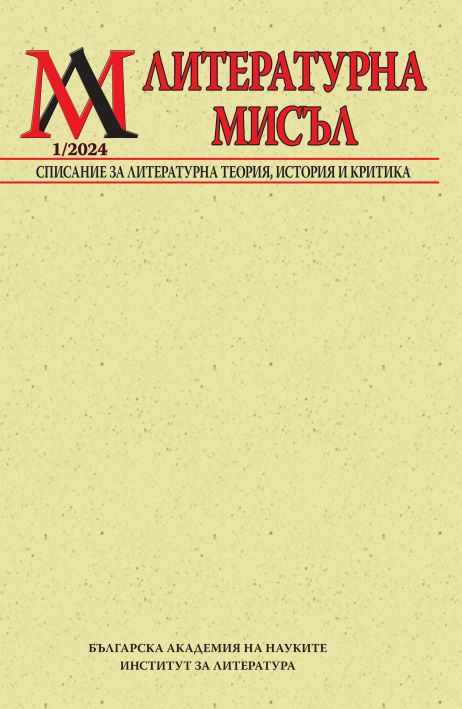“Времеубежище”: преводима ли е силата на въображаемото?
“Time Shelter”: Is the power of the imaginary translatable?
Author(s): Marie Vrinat-NikolovSubject(s): Language and Literature Studies, Philology, Theory of Literature
Published by: Институт за литература - БАН
Keywords: “Time Shelter”; translation studies; translation; imaginary
Summary/Abstract: The novel “Time Shelter”, by Georgi Gospodinov, parodies both the ideological arsenal of communism and that of nationalism, with their symbolic dates, kitsch, and material legacy. It made me think about what and how I was trying to convey them through my translation: much more than "culture" that is transmitted through education, whether in the family, at school, or in society, and which is, therefore, more or less consciously assimilated, it concerns the imaginary on which ideologies rest, since the imaginary contains many emotions, irrational and unconscious things. Yet the notion of “imaginary” has been surprisingly rare and belatedly included in critical reflection on translation, even though philosophy, linguistics, anthropology, and literature have been interested in it since the mid-twentieth century. In this paper I seek to answer the question: is the power of the imaginary translatable in “Time Shelter”?
Journal: Литературна мисъл
- Issue Year: 67/2024
- Issue No: 1
- Page Range: 57-64
- Page Count: 7
- Language: Bulgarian
- Content File-PDF

